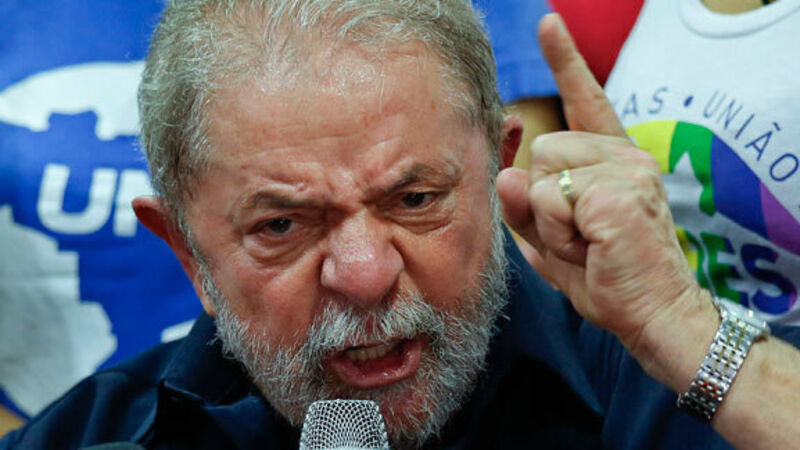Former Brazilian president detained in connection with bribery and money laundering investigation

His detention was the highest profile arrest in a sweeping corruption investigation that has ensnared powerful lawmakers and business executives in Latin America’s biggest economy.
The arrest threatened to tarnish the legacy of Brazil’s most powerful politician and the tactics that his left-leaning Workers’ Party used to consolidate its position since rising to power 13 years ago.














